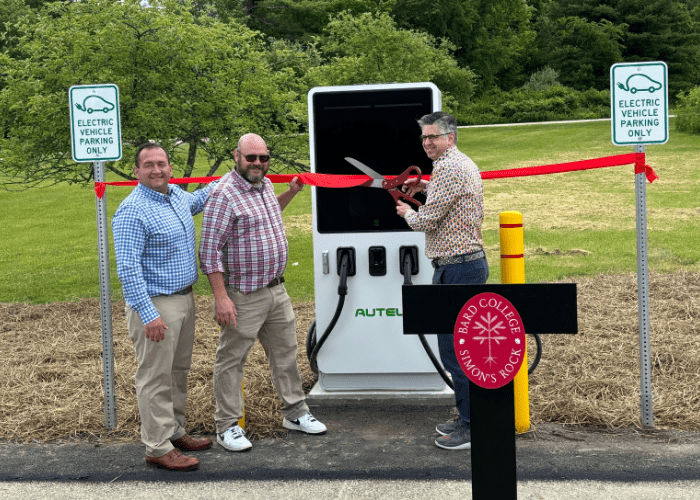The election of Donald Trump was a shock to many American progressives who had taken for granted that policies to provide healthcare and reinforce the social safety net, to guarantee paid family leave, subsidize child care and raise the minimum wage, and to relieve student debt and make education the great equalizer were widely understood to support those trying to work their way up the economic ladder.

We cannot forget the people left out in the cold.
Many angry voters who have experienced the most significant economic dislocations did not align at the federal level with the candidate most likely to advance those policies. We believe this was largely due to a tremendous communications breakdown — a failure to demonstrate how those policies materially expanded opportunities for workers.
We Must Do Better
By focusing on broad indicators like a shrinking unemployment rate or peaking stock market as evidence of a strong economy, progressives glossed over the fact that the recovery has simply not reached all corners of our country. Opportunity has stagnated, with more than 20 percent of total income and more than 40 percent of total wealth concentrated in the hands of the top 1 percent, the highest shares since the Great Depression and World War 2. The middle class is failing to keep up.
Research has shown both that inequality reduces growth and, perhaps more importantly, that economic growth does not lead to happiness if it is accompanied by growing income inequality because high levels of inequality force people to see how disadvantaged they are in comparison to the elite few.

Income inequality is an issue in cities across the country.
Many are not doing as well economically as their parents did, and they feel forsaken by a country they do not recognize. We must do more for Americans whose jobs have been exported or replaced by technology — an occurrence that will be more and more common in coming years as increased automation and rapid advances in artificial intelligence force dramatic changes in industry after industry. These Americans’ struggles are real and their concerns are legitimate.
These families and their communities can be lifted up by reforms that will rewrite the rules of our economic system, reducing poverty and improving opportunity. The Roosevelt Institute, as an example, has proposed a number of policies that would level the playing field. Patent reform will increase competition and reduce prices for consumers. Expanding bankruptcy protection to homeowners and students will give families a fresh start and incentivize the right kids of investment. Taxing corporations on global earnings will eliminate incentives to move production abroad.
Communications Are Key To Success
Today’s political environment means that we are unlikely to see federal action on many fronts related to inequality, with infrastructure investment being one possible exception. Given the landscape in our nation’s capital, some have started to turn to the states — the laboratories of democracy — to take on an outsize role in the days ahead.
We’re inspired by reform efforts already happening.
The National Employment Law Center illustrated the importance of direct, clear messaging as it helped pass minimum wage ballot measures in Arizona, Colorado, Maine and Washington that delivered raises for more than 2 million workers. The Center for Popular Democracy’s Fair Workweek Initiative aims to achieve predictable and stable schedules for workers and access to full-time employment. Members of the Center on Budget and Policy Priorities’ State Priorities Partnership and the Economic Policy Institute’s Economic Analysis and Research Network are working to shape state and local policies. The National Partnership for Women and Families has developed resources on paid leave laws in various states.
Many well-designed policy proposals are nuanced, complex, and not necessarily easily understood by the people they are designed to help. Rigorous communications planning to untangle complex issues and avoid confusion is necessary for of any successful policy reforms. Voters will support policies only if they understand them, and they can only begin to understand the policies if advocates and policymakers improve how they talk about them. Even the best-designed policy will fail if communications around it are not robust.
We must do a far better job of communicating with working Americans so they can more easily see which policy solutions will help them, and so they can begin to vote in their own best interests.






